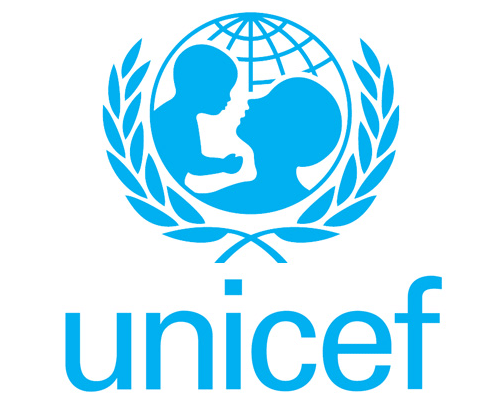UNICEF supports Libya to combat waterborne diseases

By Faridat Salifu
UNICEF has provided Libya with 20 water disinfection systems and two comprehensive treatment facilities to reduce heath risk among Libyans and enhance the quality of drinking water in the North Africa country.
The UB body made the provision following the destructive floods in eastern Libya in September 2023. The affected area has experienced a notable increase in water-borne illnesses caused by polluted drinking water.
In response, the United Nations Children’s Fund (UNICEF) has taken substantial steps to address this issue by equipping several municipalities with advanced water treatment systems.
This initiative is part of the broader reconstruction efforts following storm Daniel, which resulted in catastrophic flooding, claiming the lives of 11,300 people, displacing nearly 44,800 residents, and damaging over 18,500 homes across 20 municipalities.
NatureNews car report that the September 2023 floods in eastern part of the country significantly worsened water contamination issues in eastern Libya, primarily due to damage and leaks in the sewage systems.
This has led to a spike in water-related illnesses, such as diarrhea, cholera, dysentery, typhoid fever, and poliomyelitis, in the affected areas.
UNICEF, in collaboration with the General Company for Water and Wastewater (GCWW), has undertaken the installation of the new water treatment infrastructure to tackle these challenges.
The 20 newly installed water disinfection systems are strategically placed on municipal boreholes in towns including Derna, Bayda, Sousse, Derna, and Quba.
These systems are designed to purify water by removing pathogens and harmful biological contaminants, significantly reducing the risk of water-borne diseases.
This initiative is expected to benefit approximately 65,000 people, including over 19,000 children, by providing them with safe drinking water.
In addition, the two newly installed drinking water plants in the municipalities of Al Mkhili and El Ezzeiat, located south of Derna, have a production capacity of 30 m³ of drinking water per hour.
These plants will ensure a continuous supply of safe water to residents and support water trucking operations in surrounding areas, guaranteeing reliable access to drinking water for 30,000 people.
UNICEF’s efforts to enhance water treatment infrastructure in Libya are crucial in ensuring public health and safety in the post-flood scenario.
By addressing the immediate need for clean drinking water, UNICEF is helping to build resilience in communities and prevent the spread of water-borne diseases.
As reconstruction continues in eastern Libya, these initiatives highlight the importance of robust infrastructure and international support in rebuilding and safeguarding communities from future health risks.
The installation of water treatment systems marks a significant step towards restoring normalcy and improving the quality of life for those affected by the natural disaster.
